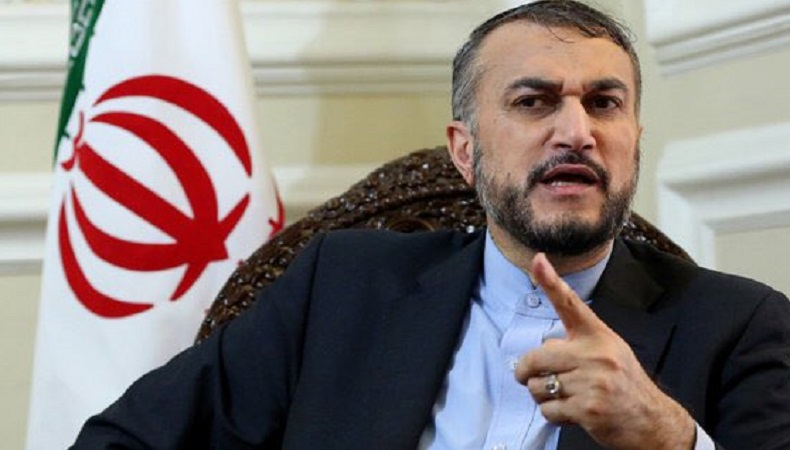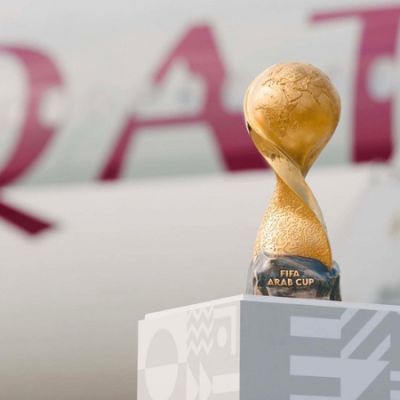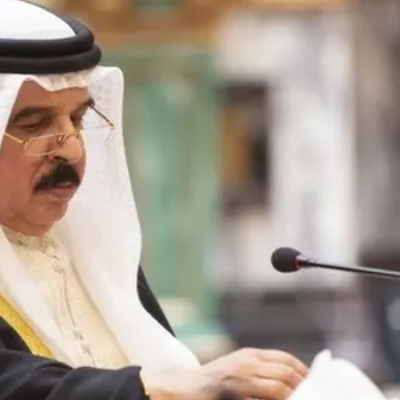Iran, The man of the Pasdaran new foreign minister

After the era of Javad Zarif, the architect of the 2015 nuclear agreement, the West will have to deal with Hossein Amir-Abdollahian in the next four years to solve the complicated Iranian atomic dossier. The new Iranian Foreign Minister is originally from Damghan, in the northern province of Semnan.
The newly elected president, the ultraconservative Ebrahim Raisi, has proposed his name to the Parliament as the new foreign minister in a list discussed and approved. However, Majles MPs are unlikely to reject the chosen candidates with the approval of the Supreme Leader, Ali Khamenei.
Hossein Amir-Abdollahian is not a well-known name in the West, but he has been an influential figure in Iran’s foreign policy, primarily regional, for several years. In Tehran, people call him “the man of the Pasdaran for Foreign Affairs” because the political support that has allowed him to make a rapid career goes beyond the Parliament and the ministry, comes directly from the Guardians of the Revolution, even if he has never been a full member.
This political closeness allowed him to serve as Deputy Minister in two opposing presidencies: the populist one of Mahmoud Ahmadinejad and the moderate one of Hassan Rouhani. Fifty-six years old, with a doctorate in international relations from Tehran University, Amir-Abdollahian speaks fluent Arabic and English but uses only Farsi with reporters.
He started working in diplomacy at a very young age. He was just 30 years old, and a small team led the first negotiations with the United States since the 1978 Khomeinist revolution. The dossier concerned the situation in Iraq, the talks came to nothing, but Amir Abdollahian made a name for himself. His figure has always remained a bit in the shadows in the following years, while his influence has grown.
Former ambassador to Bahrain, between 2011 and 2016, he was Deputy Foreign Minister for Arab and African Affairs, a position from which he mainly dealt with Iran’s policies in the Middle East: close ties with Hezbollah in Lebanon, the movement paramilitary that sits in Parliament and is financed by Tehran, and the other Iranian proxies in the region, from Yemen to Syria. He is one of the architects of the intervention in support of the Bashar al Assad regime.
The challenge of the negotiations on the Iranian nuclear deal
Raisi’s supporters describe him as a moderate conservative but considered a hawk in Europe in strategic choices on the ground and the anti-Western approach. As a foreign minister, he will oversee indirect negotiations with the United States to return to the 2015 nuclear deal. The talks are interrupted from June 20. The rise of the conservatives and ultraconservatives at the helm of Iran makes the resumption of negotiations much more complicated.
In public, Raisi said he wanted to return to the Vienna table. Iran is going through a severe economic crisis. The protests of recent weeks in the oil-producing Khuzestan for the lack of water tell of a widespread discontent that risks exploding.
Only the removal of sanctions can open room for investment, give some breath to the Iranians, and stabilize the new government. Even Iran’s closest allies, such as Russia and China, who have continued to do business with the country under sanctions, are also aware of this.
But the appointment of a Conservative as head of the foreign ministry seems to have more authoritative tones and a less compromise-oriented approach. That would make it very difficult for the Biden administration to continue negotiating when relations with Iran are already very tense due to the accidents in the Gulf waters.
“Distrust of the United States casts a heavy shadow over these negotiations. However, the Americans have not proved that they are severe and will not commit past mistakes again. Therefore, returning to the JCPOA agreement is in the Iranian national interest. As long as the counterparts respect their commitments “, Amir-Abdollahian told us in Tehran, on June 20, two days after the elections that gave Raisi victory, during an interview in the Foreign Parliament building.
It is still to understand how much the new minister will force his hand and how decisive the word of the Supreme Council for National Security and Khamenei will be on the nuclear dossier. Of course, Raisi’s choice shows that the new president will give great importance to relations with the region’s countries, an area on which Amir-Abdollahian has built his entire career.




